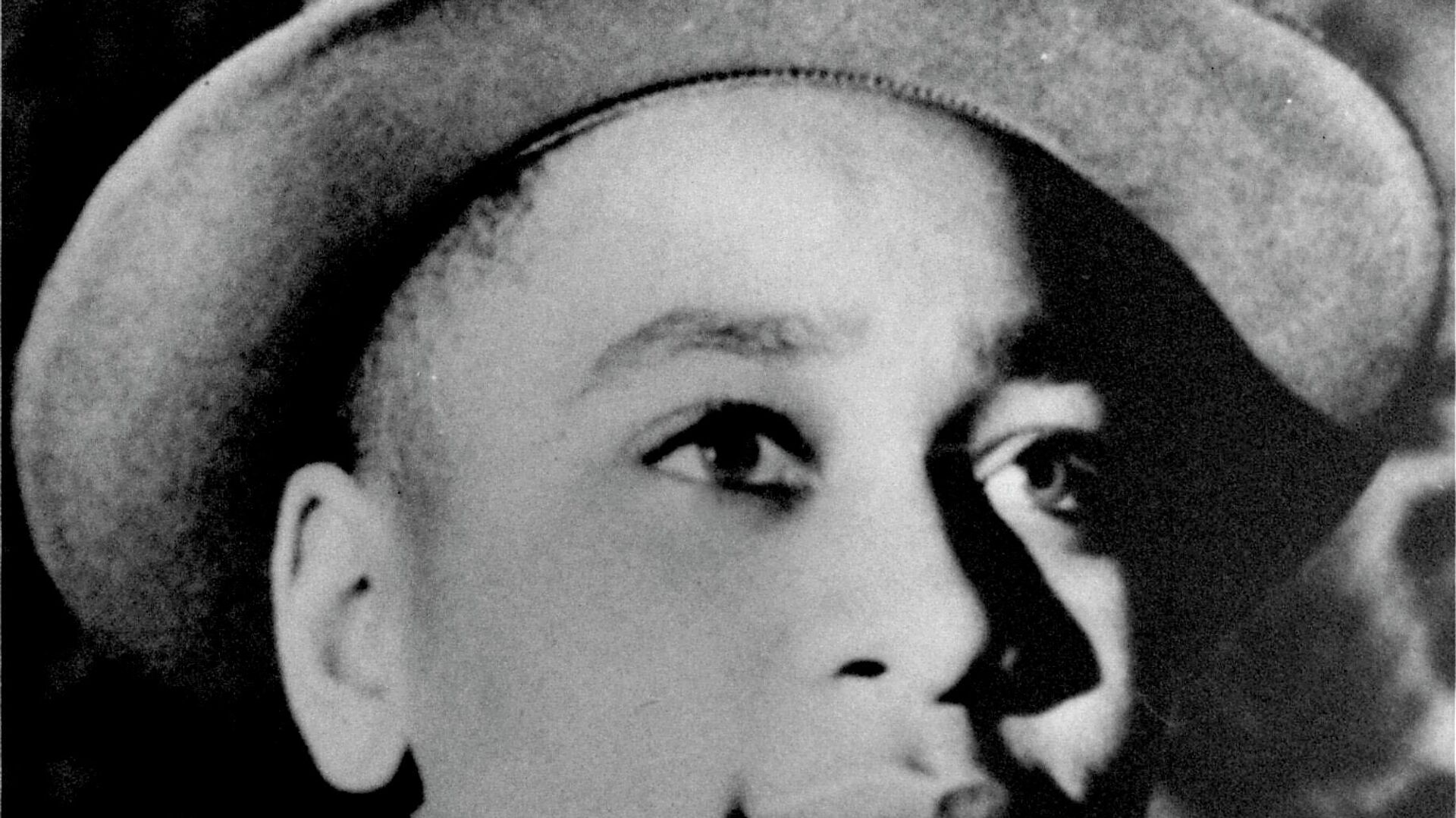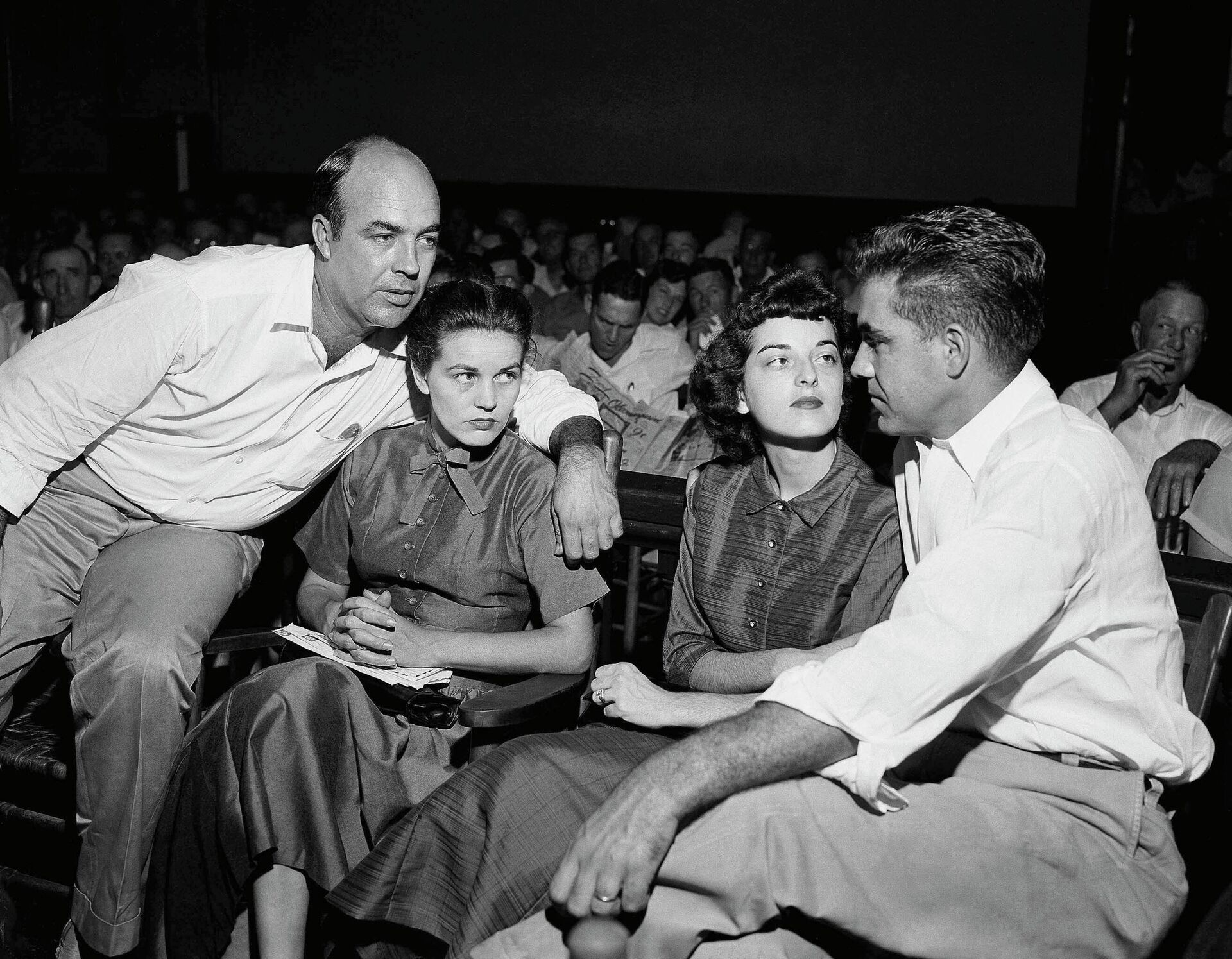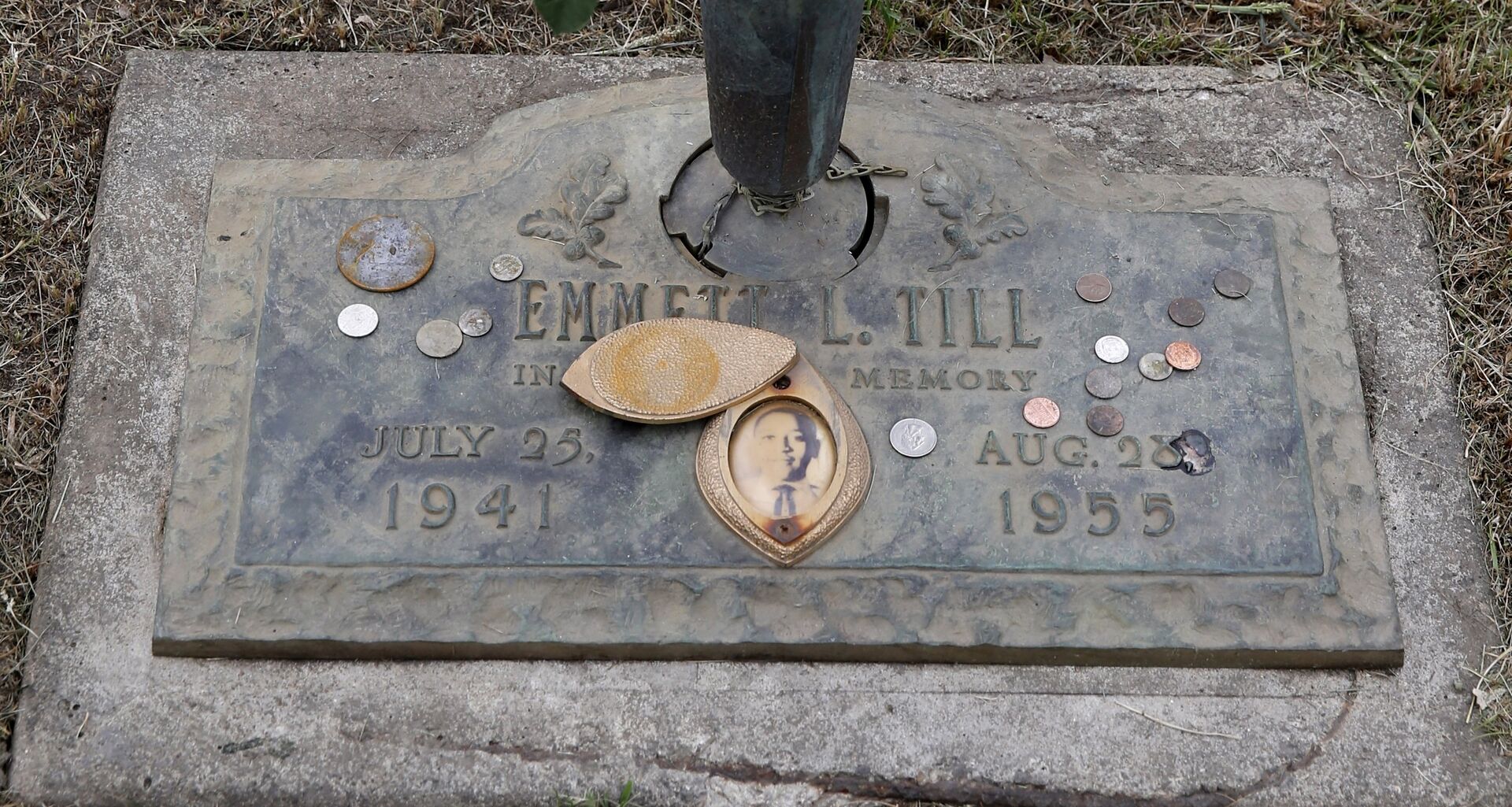Emmett Till Accuser Dodges Grand Jury Indictment, Dousing Hopes for Justice

© AP Photo / AP Photo
Subscribe
Till's cousin, Rev. Wheeler Parker, reportedly called the outcome "unfortunate but predictable,” saying “hundreds of years of anti-Black systems… guaranteed those who killed Emmett Till would go unpunished, to this day."
A grand jury in Mississippi has declined to indict the woman whose dubious allegation of sexual harassment was used to justify the infamous lynching of 14-year-old Emmett Till in 1955, all but guaranteeing no one will ever face justice for the notorious hate crime.
Officials were looking to obtain an indictment against Donham on charges of kidnapping and manslaughter; however, after over seven hours of testimony from witnesses and investigators, the grand jury concluded there was insufficient evidence.
“The prosecutor tried his best, and we appreciate his efforts, but he alone cannot undo hundreds of years of anti-Black systems that guaranteed those who killed Emmett Till would go unpunished, to this day,” Rev. Wheeler Parker, a cousin of Emmett Till, said of the development.
“The fact remains that the people who abducted, tortured, and murdered Emmett did so in plain sight, and our American justice system was and continues to be set up in such a way that they could not be brought to justice for their heinous crimes.”

FILE - In this Sept. 23, 1955, file photo, J.W. Milam, left, his wife, second from left, Roy Bryant, far right, and his wife, Carolyn Bryant, sit together in a courtroom in Sumner, Miss. Bryant and his half-brother Milam were charged with murder but acquitted in the kidnapping and torture slaying of 14-year-old black teen Emmett Till in 1955 after he allegedly whistled at Carolyn Bryant. A team searching the basement of a Mississippi courthouse for evidence about the lynching of Black teenager Emmett Till has found the unserved warrant in June 2022 charging a white woman in his kidnapping in 1955, and relatives of the victim want authorities to finally arrest her nearly 70 years later.
© AP Photo
The 88-year-old Carolyn Bryant Donham maintains to this day that the young teenager “put his hands on me with no provocation” and whistled in her direction in the days before her husband and another white man hunted down and captured Till.
The group beat the young boy in his legs and back, dislodged an eye from his skull, shot him in the head, and dumped his body in the Tallahatchie River, and freely admitted their crimes in a 1956 interview within a year of being acquitted by an all-white jury.
Till’s horrific murder shocked the consciences of audiences across the world, sparking huge solidarity campaigns and inspiring poems and songs from artists including Langston Hughes, James Baldwin, Bob Dylan, and dozens of subsequent movies, books, and documentaries.
Rosa Parks declared her famous act of nonviolent resistance against the US racial caste system to have been inspired by the case, explaining that she refused to move to the back of a segregated bus and sparked the Montgomery bus boycott because “I thought of Emmett Till and I just couldn't go back.”
Now, a number of recent revelations have raised new questions about the brutal murder–though they appear to have done little to sway members of the grand jury.

Gravesite of Emmett Till, whose 1955 lynching helped spark the Civil Rights Movement.
© AP Photo / Charles Rex Arbogast
A long-forgotten and still-unserved arrest warrant for the woman was discovered in a Mississippi courthouse by researchers in late June, and a memoir describing her involvement in the lynching–I Am More than a Wolf Whistle: The Story of Carolyn Bryant Donham–was published online in July of this year.
The manuscript was provided to historian Timothy Tyson on the understanding it would not be released until 2036. But it’s since been leaked to the public in the wake of the discovery of the unserved warrant, as Tyson sent a copy to the FBI and a number of newspapers, believing "the potential for an investigation was more important than the archival agreements” since “this is probably the last chance for an indictment in this case."
Donham’s book, which the author ends by claiming she “always felt like a victim as well as Emmett,” was widely criticized as an effort to divert blame and absolve herself of guilt in the public eye. But as the apparent final chapter in the story of Emmet Till shows, there’s a considerable distance between the court of public opinion and the court of the State of Mississippi.

